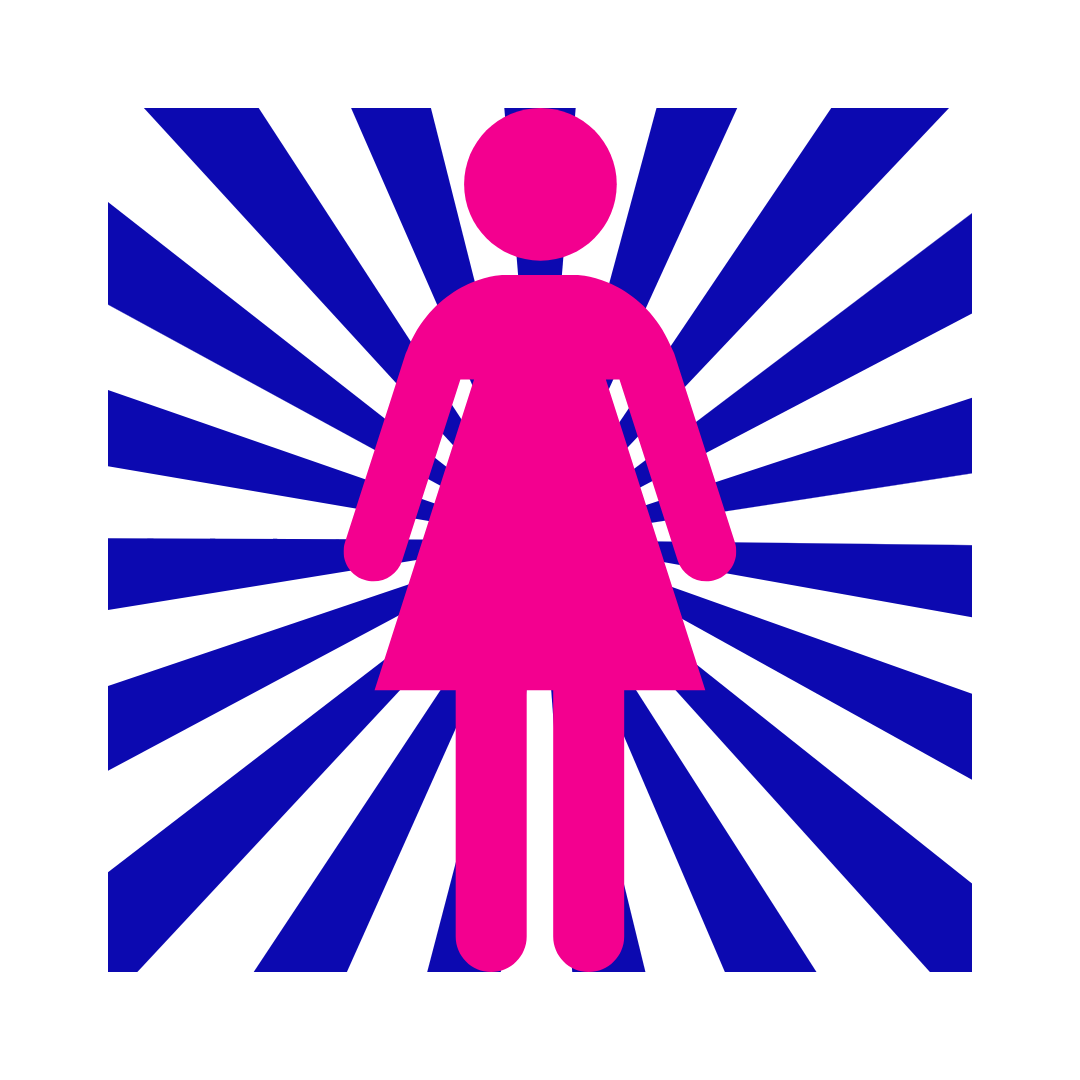- cross-posted to:
- twoxchromosomes@lemmit.online
- cross-posted to:
- twoxchromosomes@lemmit.online
Aston sought medical help after her symptoms—which included severe migraines, abdominal pain, joint dislocations, easy bruising, iron deficiency, fainting, tachycardia, and multiple injuries—began in 2015, per the New Zealand Herald. She was referred to Auckland Hospital, where a doctor accused her of causing her own illness. Because of his accusations, Aston was placed on psychiatric watch.
Research suggests women are often much more likely to be misdiagnosed than men. A 2009 study of patients with heart disease symptoms found 31.3 per cent of middle-aged women “received a mental health condition as the most certain diagnosis”, compared to just 15.6 per cent of their male counterparts. Additionally, a 2020 study found that as many as 75.2 per cent of patients with endometriosis—a painful disorder that affects the tissue of the uterus—had been misdiagnosed after they started experiencing endometriosis symptoms. Among those women, nearly 50 per cent were told they had a “mental health problem”.



No current AI is super intelligent. As a software developer who has been keeping up to date with AI progress, I can say with some certainty that AI is far more biased in its diagnoses than human doctors and will often be misled by subtle changes in wording. I strongly urge you to not rely on medical advice from any current AI.